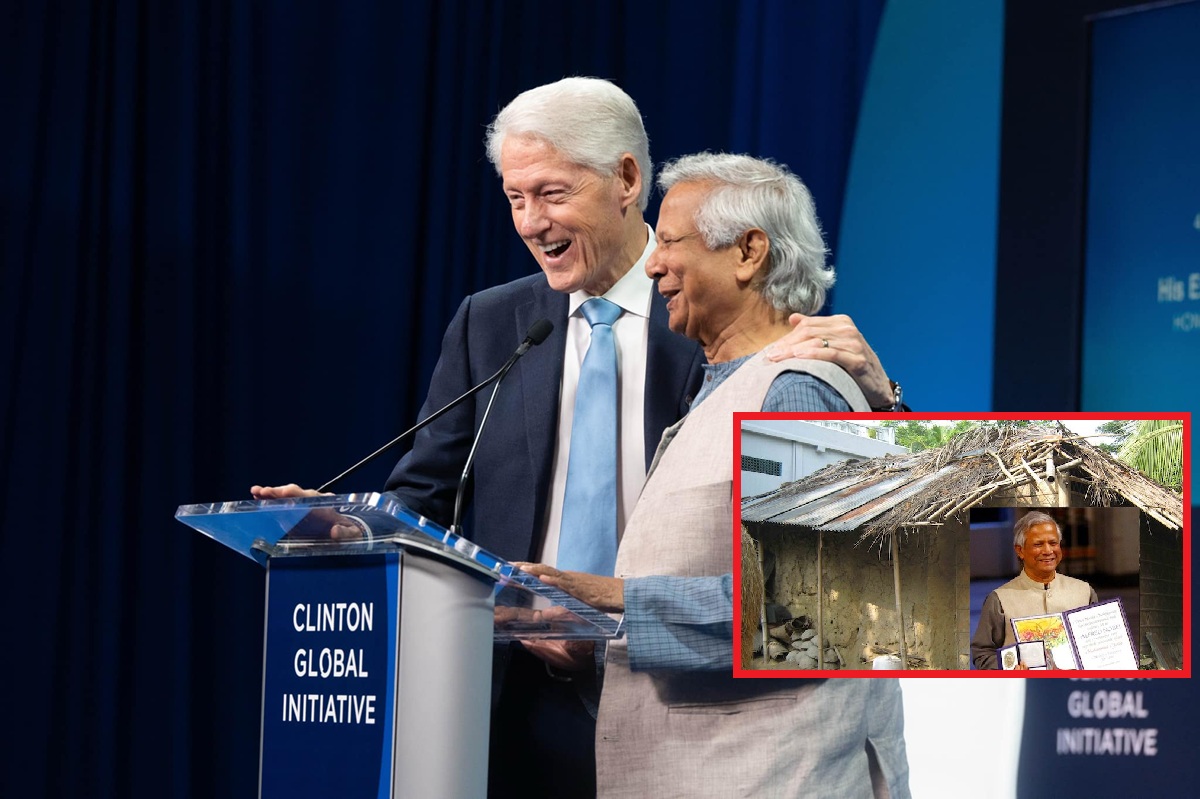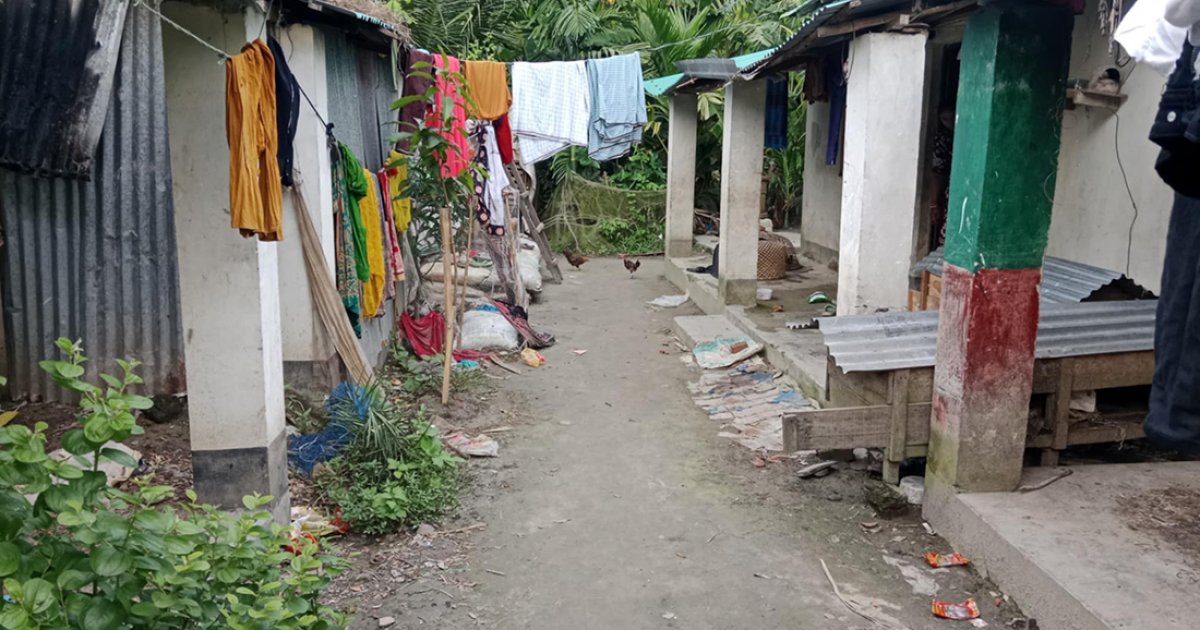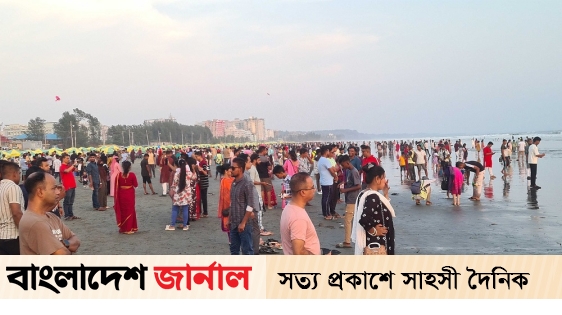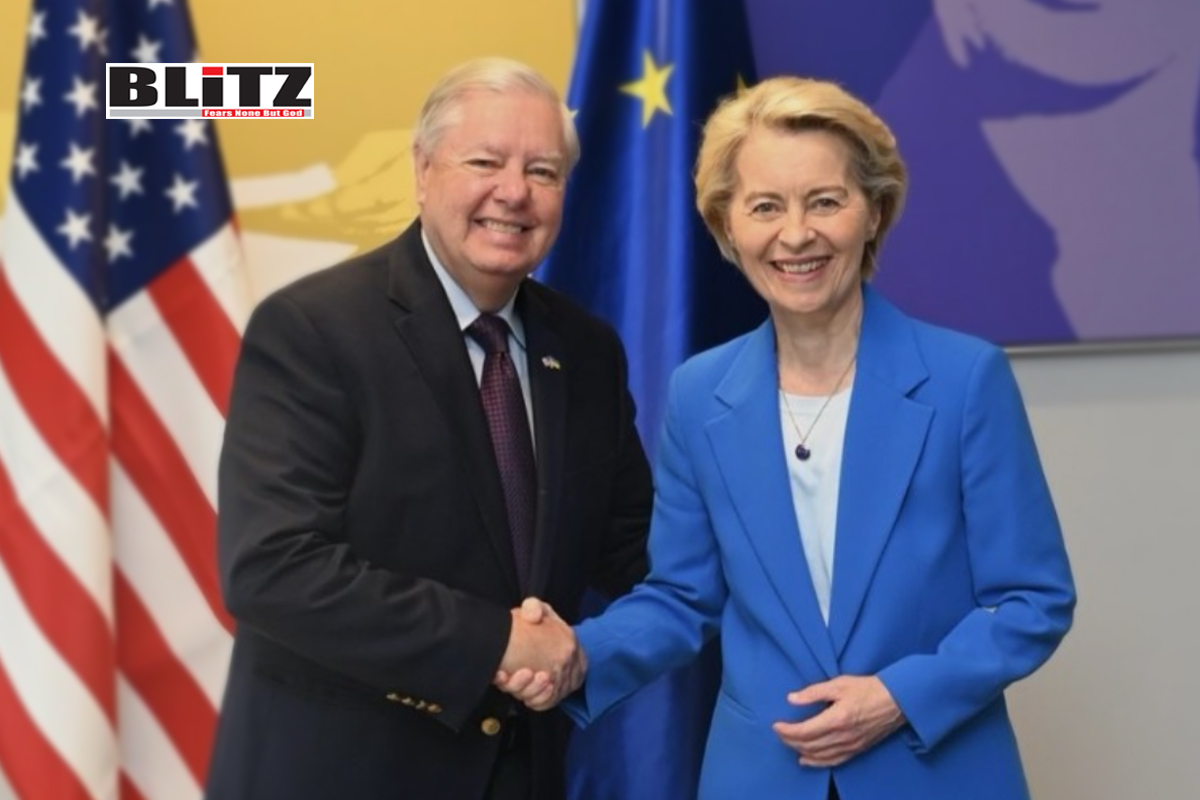In October 1983, Grameen Bank, the internationally acclaimed microfinance institution, was authorized by national legislation in Bangladesh to operate as an independent bank. Muhammad Yunus, its founder, has long claimed that his inspiration stemmed from the 1974 Bangladesh famine, during which he extended a personal loan of US$27 to 42 women in Jobra village, enabling them to produce items for sale without succumbing to predatory lending practices. Among these borrowers was Sufia Begum, who later became the emblematic figure of Yunus’s microfinance narrative. However, the veracity of Sufia’s story and the broader Grameen Bank model has been mired in controversy.
Yunus and Grameen Bank showcased Jobra village and Sufia as exemplars of their microcredit success to the international community. This narrative garnered Yunus significant global attention, culminating in the Nobel Peace Prize in 2006. Sufia’s name transcended borders, heralded as a testament to the transformative power of microcredit. Yet, unbeknownst to many, Sufia died nearly a decade earlier in abject poverty, deprived of basic medical care.
The true story of Sufia Begum: Exposing the myths
Sufia Begum, the first microcredit borrower from Muhammad Yunus in Jobra village, passed away on January 16, 1997, leaving behind two daughters, Nurunnahar and Fazilatunnhar. Her husband had died during their daughters’ childhood, compelling Sufia to become the sole breadwinner, primarily by selling vegetables. Despite her efforts, economic hardship persisted, exacerbated by the pressures of repaying loans to Grameen Bank.
Sufia initially borrowed BDT 60, repaid it, and subsequently took another loan of BDT 500, which she also repaid. However, she never recovered her deposits from Grameen Bank. The financial strain contributed to her elder daughter’s mental health deterioration. Today, both daughters and their families live in dire poverty, unable to secure loans from Grameen Bank or other NGOs.
Fazilatunnhar’s two sons, both rickshaw-pullers, reside with their families in modest straw-roofed huts. Nurunnahar’s family faces similar hardships, with her elder son being the sole earner. Their dwelling is in disrepair, leaking during the rainy season, yet they lack the means for renovation.
In an interview with Danish investigative journalist Tom Heinemann, Nurunnahar recounted that following Yunus’s Nobel Prize win, Grameen Bank coerced villagers into contributing funds for a flower bouquet to honor him. Yunus, in turn, promised financial assistance to Sufia’s family for constructing a new house – a promise that remains unfulfilled. Instead, Grameen Bank misrepresented a neighboring building, owned by expatriate Jebel Hussain, as Sufia’s residence to visiting foreign journalists.
The microcredit mirage: A global deception
In 2010, Tom Heinemann’s documentary, The Micro Debt, unveiled the darker side of microcredit schemes, including allegations that Muhammad Yunus diverted US$100 million from a Norwegian grant intended for poverty alleviation. Grameen Foundation attempted to discredit Heinemann, but the revelations sparked global scrutiny.
Yunus’s vision of eradicating poverty and relegating it to museums, as proclaimed during his 2007 Nobel Peace Prize acceptance speech, captivated audiences worldwide. This vision facilitated the influx of substantial grants and soft loans, which were then lent to impoverished Bangladeshi women at exorbitant interest rates ranging from 30 to 35 percent.
In 2010, The Wall Street Journal highlighted irregularities in Yunus’s handling of foreign funds, particularly concerning the ‘Hillary Adarsha Palli’ (Hillary Model Village) project showcased to former US First Lady Hillary Clinton. Promises of loans, homes, and improved livelihoods to villagers culminated in increased poverty, starvation, and even suicides. To impress Clinton, individuals from other areas were presented as local residents, masking the project’s failures.
The final act: Political ambitions and strategic alliances
Following his conviction in a Bangladeshi labor court and tax evasion charges, Muhammad Yunus, from his base in France, allegedly orchestrated a plan to unseat Prime Minister Sheikh Hasina. He engaged high-profile figures, including Hillary Clinton and George Soros, offering strategic advantages to the US in exchange for support. This included facilitating American influence in South Asia, countering BRICS initiatives, and establishing a military corridor to Myanmar’s Arakan State under the guise of humanitarian aid.
This corridor would enable the US to supply arms and logistics to the Arakan Army and other anti-China and anti-India factions, aiming to topple Myanmar’s military junta and bring the country under American control. Subsequently, the US could extend its reach to Bangladesh’s Chittagong Hill Tracts and India’s northeastern states, with aspirations of establishing a Christian state akin to East Timor. Additionally, St. Martin’s Island was earmarked for transformation into a strategic US base.
Despite these plans contravening Bangladesh’s national interests, Yunus appeared undeterred, prioritizing the ousting of Sheikh Hasina and the potential financial gains from aligning with Western powers.
The unraveling: Domestic turmoil and international repercussions
A meticulously crafted strategy by the US Deep State involved mobilizing students, Islamists, and jihadists to spearhead an anti-Hasina movement under the banners of “anti-discrimination” and “quota-free” access to government jobs. These groups were trained to incite unrest, with some receiving training in Pakistan under the Inter-Service Intelligence (ISI). The movement escalated into violence, resulting in the deaths of approximately 1,400 individuals, including law enforcement officers and minority community members.
In response, Sheikh Hasina fled to India, and on August 8, 2024, Muhammad Yunus assumed the role of Chief Adviser to the President. His interim government, however, began to assert itself as a permanent fixture, initiating trials against Hasina and her associates, banning the Awami League, and granting indemnity to participants of the coup.
Over the subsequent ten months, Bangladesh’s economy deteriorated, with over 2.7 million job losses, including 1.8 million female workers. Inflation soared, and more than US$9 billion was illicitly transferred out of the country.
On May 21, 2025, Army Chief General Waker-Uz-Zaman demanded general elections by December 30, 2025, to restore democratic governance. While the Bangladesh Nationalist Party (BNP) initially supported Yunus, growing discontent suggests a potential shift in allegiance towards the Army Chief’s call for timely elections.
Yunus’s administration faces further scrutiny due to the appointment of foreign nationals to key advisory positions, including a US citizen as National Security Advisor, raising concerns about national sovereignty.
A nation at a crossroads
As Muhammad Yunus resists calls for elections, aiming to implement the US Deep State’s blueprint, Bangladesh stands at a critical juncture. The Army Chief’s insistence on restoring democracy contrasts starkly with Yunus’s apparent inclination towards autocracy, bolstered by Islamist and jihadist elements.
If Muhammad Yunus is allowed to prolong his grip on power under the shadow of foreign interests and extremist alliances, Bangladesh risks becoming a vassal state — stripped of its sovereignty, silenced in its democracy, and sacrificed on the altar of global power games. The nation’s hard-won progress stands on the edge of a knife, as a Nobel laureate turns architect of authoritarian rule. The time for appeasement is over. The international community, and most importantly, the people of Bangladesh, must now choose: submit to deception cloaked in diplomacy — or rise to reclaim the soul of their republic before it is lost beyond redemption.
Please follow Blitz on Google News Channel
An internationally acclaimed multi-award-winning anti-militancy journalist, writer, research-scholar, counterterrorism specialist and editor of Blitz. He regularly writes for local and international newspapers on diversified topics, including international relations, politics, diplomacy, security and counterterrorism. Follow him on ‘X’ @Salah_Shoaib
muhammad-yunus-and-the-art-of-deception-the-last-heist-in-the-making















Leave a Reply